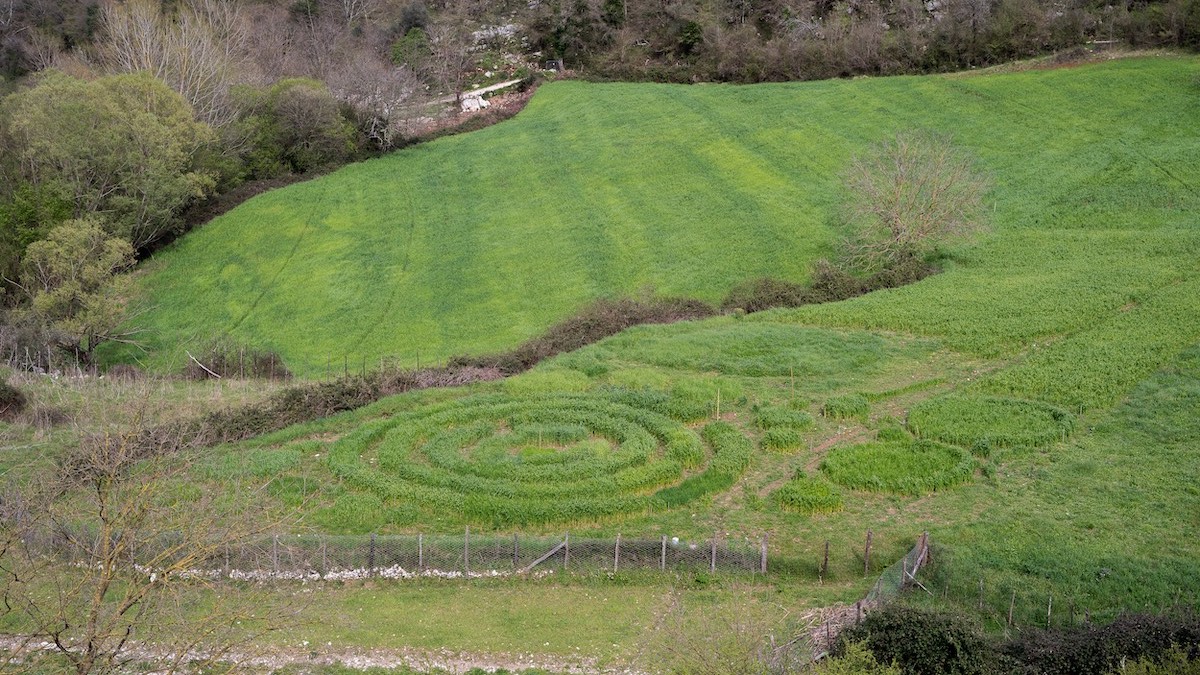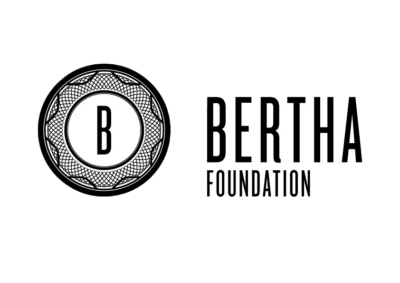



Fingers in every pie
From Mesopotamian seeds to industrial agriculture: a journey into the world of wheat, understanding who controls the supply chain. From seed to pasta.
Wheat is one of the oldest and most widely traded foods in the world, along with sugar, corn, and soy. Since the 1990s, this raw material, along with many others, has gradually transformed into a global commodity. In slang, a commodity refers to standardized products that are easy to store, have a long shelf life, and lack qualitative differences, regardless of who produces them.
Controlling the production, marketing, and distribution of commodities like wheat are a handful of large companies that shape markets and research to pursue the ultimate goal of maximizing shareholder profits, rather than the public good.
Starting from the seeds, Bayer-Monsanto, DowDupont-Corteva, ChemChina-Syngenta, and BASF dominate 60% of the global seed market and 75% of the global pesticide market. Four companies, Archer Daniels Midland (ADM), Bunge, Cargill, and Louis Dreyfus Company, known as the ‘ABCD group,’ along with the Chinese company Cofco, control between 70% and 90% of global cereal trade.
This extraordinary concentration of power and money in the global food trade is also found in the pasta industry. The four major companies in the pasta industry are Barilla Holding, the Swiss Nestlé, De Cecco, and the Russian Makfa. Starting from seeds, through marketing and logistics, and up to the pasta industry, only a few groups control the entire wheat supply chain.


If it is true that the current system benefits those who achieve economies of scale, it is also true that this agriculture has social and environmental impacts that are rarely factored into the price of food but are imposed as entirely negative externalities on communities and the environment. These are, therefore, business costs paid by others.
Fingers in every pie is a journey that begins with seeds in Mesopotamia, the land between the Tigris and Euphrates rivers, where humans started domesticating wheat and grains, giving rise to the first civilization. It ends with industrial agriculture and its impacts on health and the environment. It is a journey into the world of wheat to understand who controls the supply chain, from seed to pasta, what the consequences are for health and the environment, and what possible solutions exist to rethink another agriculture – and economy – not driven by the logic of infinite growth and profit maximization but respectful of communities and the ecosystem.
CREDITS
This work was conceived and created by Sara Manisera, Bertha Foundation Fellow 2023, with the support of Bertha Foundation, and produced by Slow News.
Illustrations: Vito Manolo Roma




